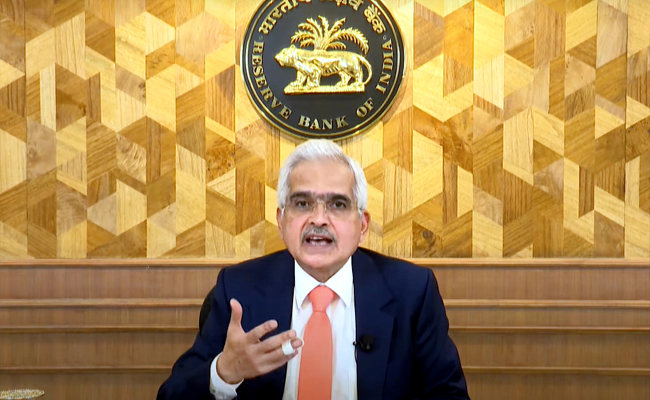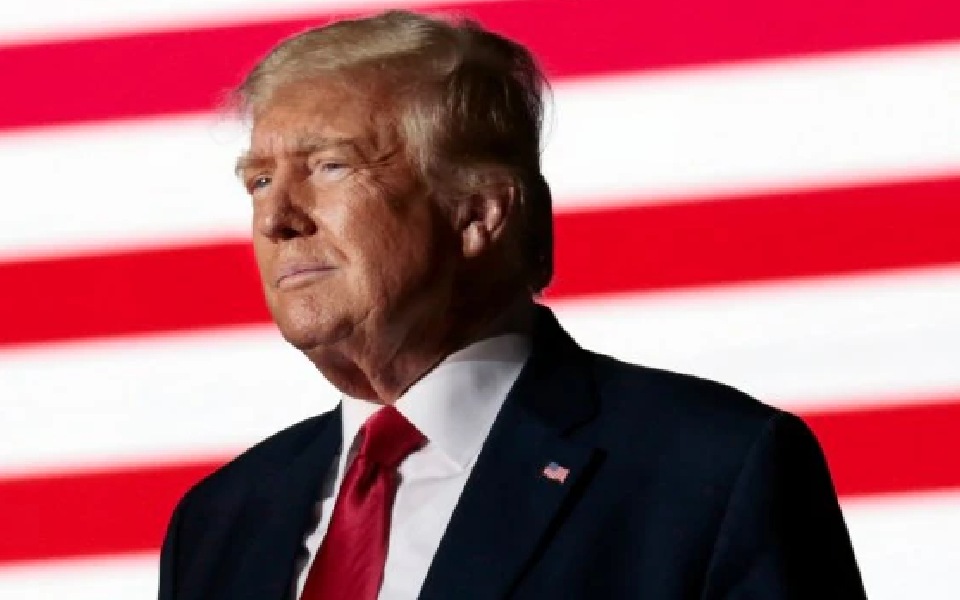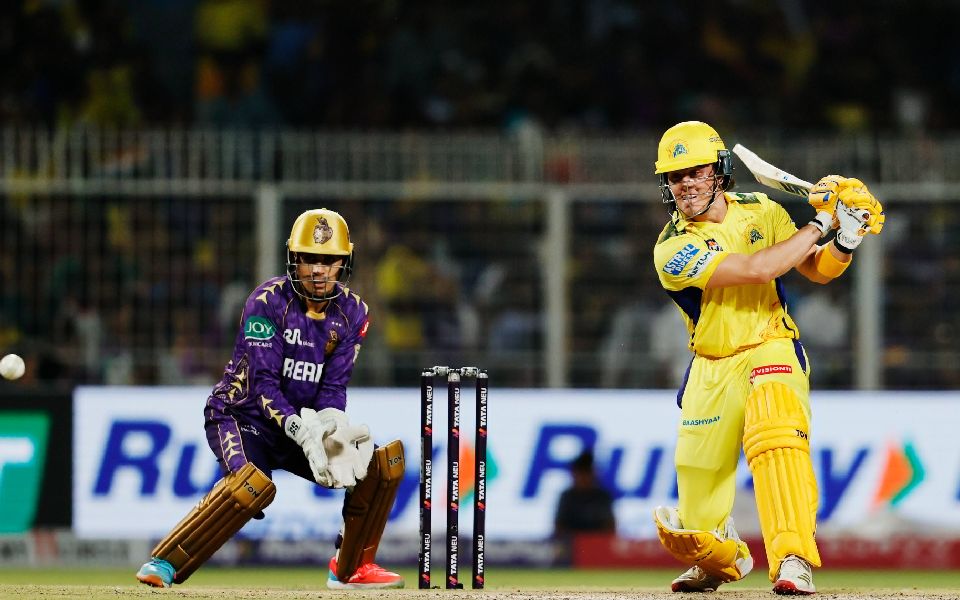Mumbai (PTI): The Reserve Bank on Wednesday announced the increase of the UPI Lite wallet limit to Rs 5,000 and per-transaction limit to Rs 1,000, in order to encourage wider adoption of the popular instant payment system through mobile phones.
A limit of Rs 500 per transaction and an overall limit of Rs 2,000 per UPI Lite wallet, is presently applicable, with the facility of auto-replenishment.
Unveiling the October bi-monthly monetary policy, Reserve Bank Governor Shaktikanta Das also said the per-transaction limit in UPI123Pay will be enhanced to Rs 10,000 from the current Rs 5,000.
UPI123 was launched in March 2022, with a view to enable feature-phone users to use UPI. This facility is now available in 12 languages.
In another customer-friendly initiative, Das announced a beneficiary account name look-up facility for Real Time Gross Settlement System (RTGS) and National Electronic Funds Transfer (NEFT) systems will be introduced.
Payment Systems like UPI and IMPS provide a facility to the remitter to verify the name of the receiver (beneficiary) before initiating a payment transaction.
There have been requests to introduce such a facility for RTGS and NEFT systems, the Governor said.
"Accordingly, to enable remitters in RTGS and NEFT to verify the name of the beneficiary account holder before initiating funds transfer, it is now proposed to introduce a ‘beneficiary account name look-up facility’," he said.
Remitters can input the account number and the branch IFSC code of the beneficiary, following which the name of the beneficiary will be displayed.
This facility will increase customer confidence as it would reduce the possibility of wrong credits and frauds, Das said.
The Central bank will also create 'Reserve Bank Climate Risk Information System (RB-CRIS)' amid climate change emerging as one of the significant risks to the financial system.
Das said it is crucial for regulated entities to undertake climate risk assessments for ensuring stability of their balance sheets and that of the financial system.
Such an assessment requires, among other things, high quality data relating to local climate scenarios, climate forecasts, and emissions, he said.
The available climate-related data is characterised by various gaps such as fragmented and varied sources, differing formats, frequencies and units.
To bridge these gaps, Das said the Reserve Bank proposes to create a data repository -- RB-CRIS -- comprising two parts.
The first part will be a web-based directory, listing various data sources, (meteorological, geospatial, etc.) which will be publicly accessible in the RBI website. The second part will be a data portal consisting of datasets (processed data in standardised formats).
The access to this data portal will be made available only to the regulated entities in a phased manner.
Let the Truth be known. If you read VB and like VB, please be a VB Supporter and Help us deliver the Truth to one and all.
New York/Washington, May 7 (PTI): US President Donald Trump on Tuesday said India has “agreed” to drop its high tariffs “to nothing”.
“I mean, India as an example, has one of the highest tariffs in the world. We’re not going to put up with that, and they’ve agreed already to drop it. They’ll drop it to nothing. They’ve already agreed. They would have never done that for anybody else but me,” Trump told reporters in the Oval Office.
Trump and visiting Canadian Prime Minister Mark Carney spoke to reporters as they met in the Oval Office to discuss the US-Canada trade.
“So we’re going to put down some numbers and we’re going to say our country is open for business and they’re going to come in and they’re going to pay for the privilege of being able to shop in the United States of America. It’s very simple. It’s very simple,” he added.
In the past, Trump has called India “tariff king” and a “big abuser”.
Last month, Trump had said that negotiations with India over a bilateral trade deal are “coming along great” and he thinks “we’ll have a deal with India”.





